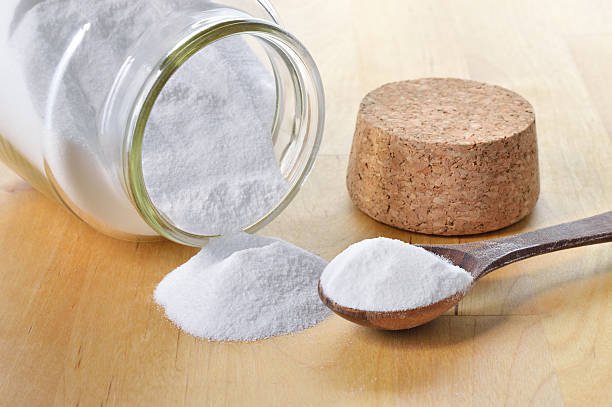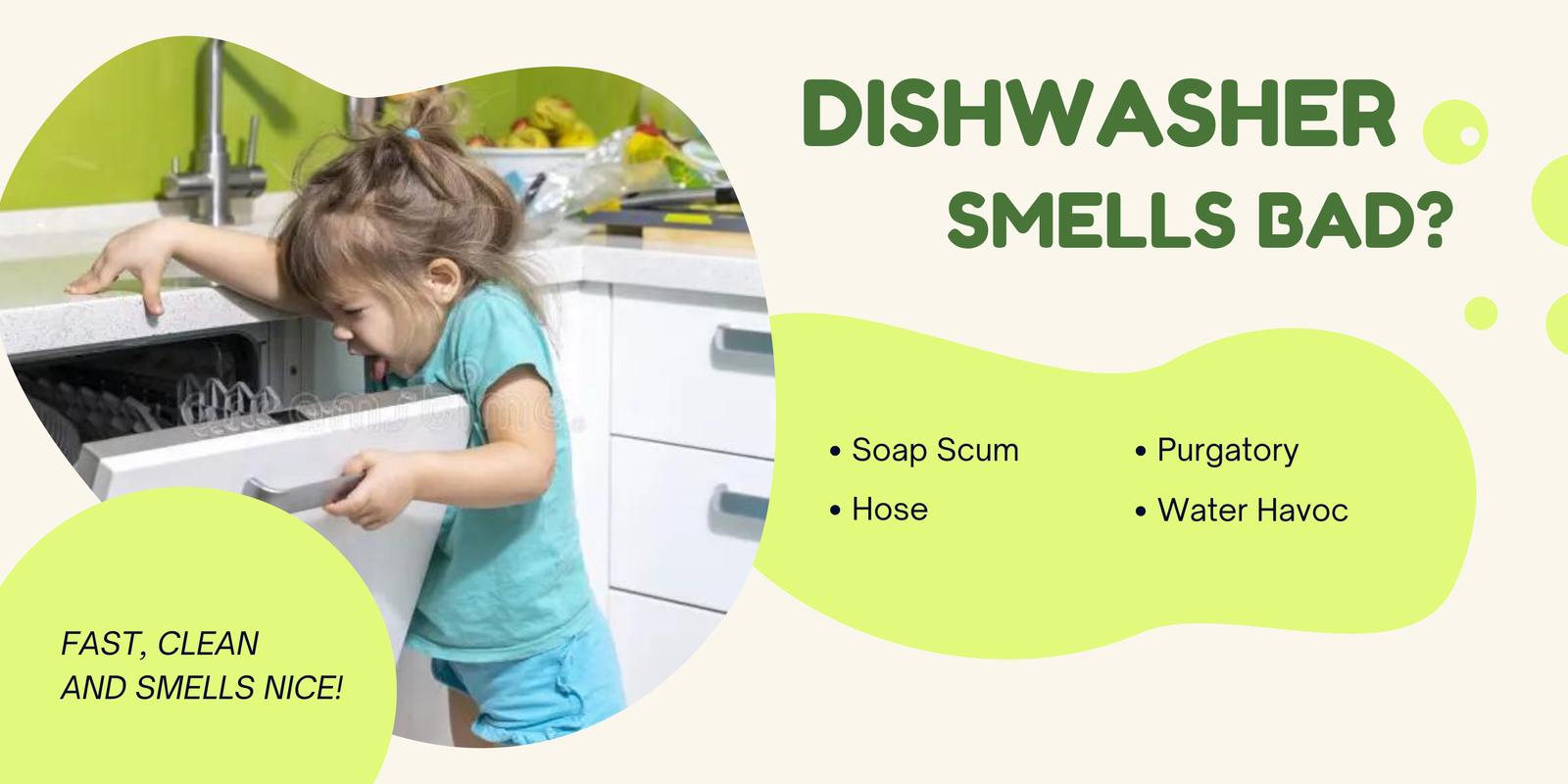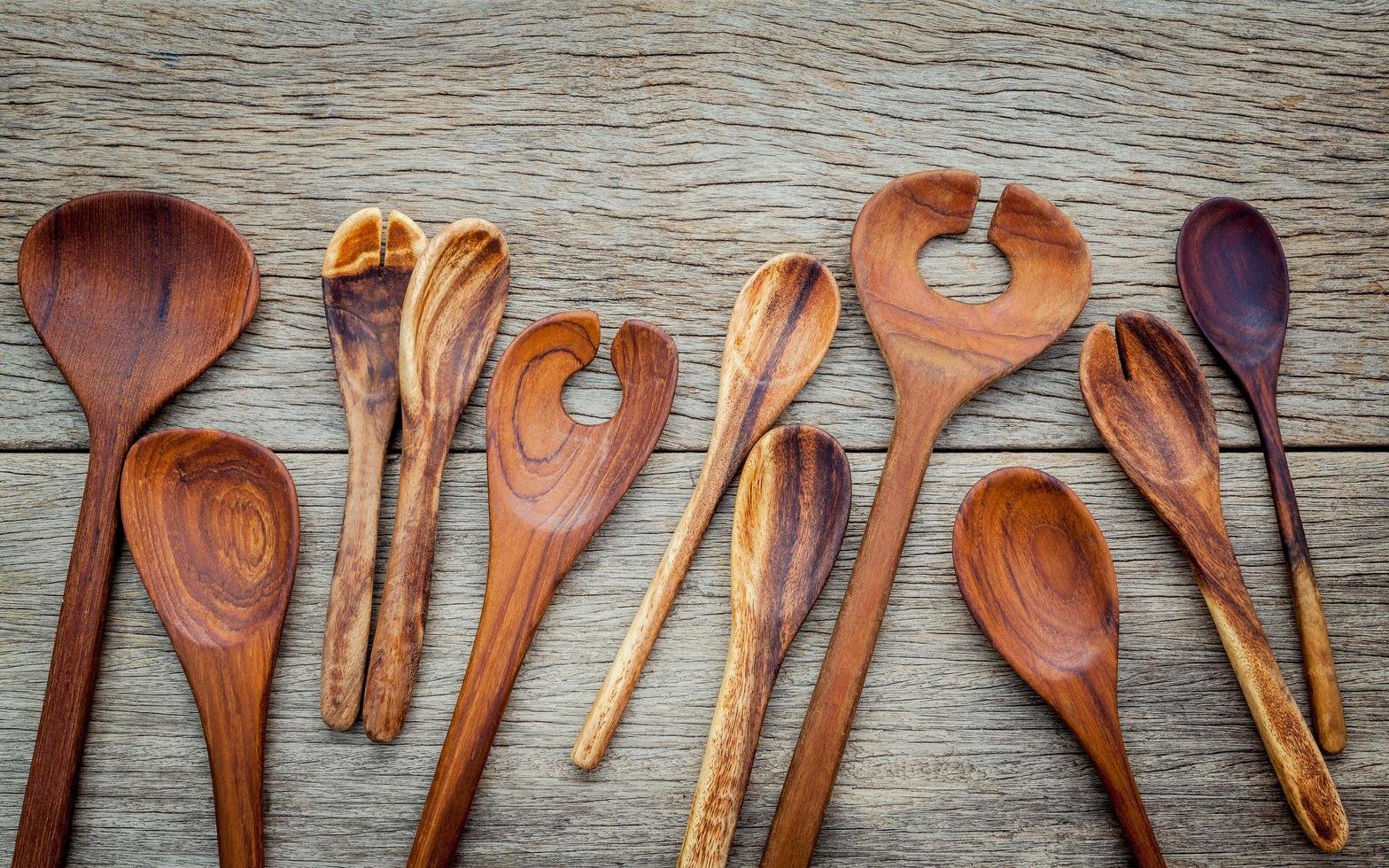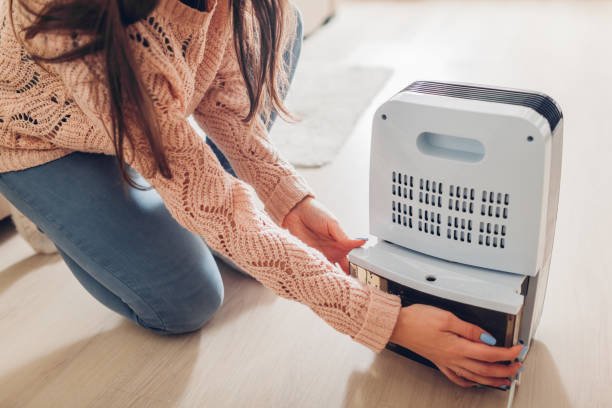
Unmasking the Limits: 6 Things You Should Never Clean with Baking Soda
Baking soda is a versatile household cleaner celebrated for its ability to tackle various cleaning tasks. However, not everything in your home is compatible with this humble white powder. In this guide, we’ll explore six things you should steer clear of when reaching for the baking soda as your cleaning solution, unmasking the limits of this popular cleaning agent.
1. Silverware and Delicate Metals:
- Abrasive Nature: Baking soda, though gentle on many surfaces, can be abrasive when used on softer metals like silver. It may cause scratches and damage the polished surfaces.
- Opt for Polishing Agents: When it comes to cleaning silverware or delicate metals, it’s advisable to use specialized polishing agents designed to preserve their luster without causing harm.
2. Wooden Furniture and Antique Finishes:
- Abrasion Risk: Baking soda’s gritty texture can scratch and abrade wooden surfaces, particularly antique finishes. This can lead to the removal of protective coatings and damage the aesthetics.
- Gentler Alternatives: Instead of baking soda, opt for cleaners specifically designed for wood furniture. Use a soft, damp cloth and mild wood cleaners to preserve the integrity of the wood.
3. Electronic Devices and Screens:
- Scratch Potential: Baking soda can be too abrasive for electronic screens, including those on smartphones, tablets, and TVs. Using it may lead to scratches and damage the delicate screen coatings.
- Screen-Safe Cleaners: Stick to screen-specific cleaning solutions or microfiber cloths dampened with water to clean electronic screens effectively without risking damage.
4. Natural Stone Surfaces:
- Erosion Concerns: Baking soda’s alkaline nature can erode the sealant on natural stone surfaces like marble and granite. This compromises the stone’s integrity and may lead to discoloration and damage over time.
- Stone-Safe Cleaners: Choose pH-neutral cleaners specifically designed for natural stone to preserve their beauty and longevity. Regularly sealing the stone also helps protect it from damage.
5. Clogged Drains and Pipes:
- Temporary Solution: While baking soda is often recommended for unclogging drains, it’s not a long-term solution. It may create a temporary fizzing reaction with vinegar, but this mixture isn’t powerful enough to tackle severe clogs.
- Use Commercial Drain Cleaners: For persistent clogs, opt for commercial drain cleaners or seek professional plumbing assistance. Baking soda may not provide the necessary strength to dissolve tough blockages.
6. Aluminum Cookware:
- Corrosion Risk: Baking soda’s alkalinity can react with the aluminum surface of cookware, causing corrosion. This can compromise the integrity of the cookware and potentially affect the taste of food.
- Gentler Cleaners: Use mild dish soap and warm water for cleaning aluminum cookware. Avoid abrasive substances like baking soda to ensure the longevity of your pots and pans.
Conclusion:
While baking soda is undoubtedly a household hero for many cleaning tasks, understanding its limitations is crucial to prevent unintentional damage. Before reaching for the baking soda, assess the material or surface you’re dealing with and choose an appropriate cleaner accordingly. By using baking soda wisely and avoiding these specific scenarios, you can harness its cleaning power effectively without compromising the longevity and integrity of your belongings. Remember, a little knowledge goes a long way in maintaining the cleanliness and durability of your home items.




